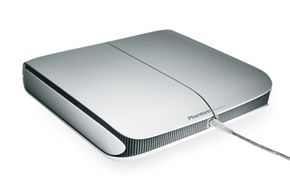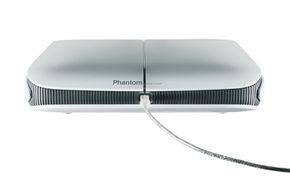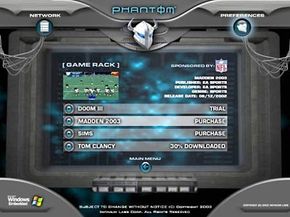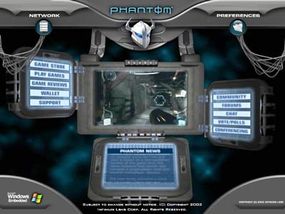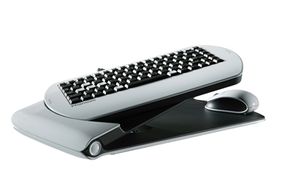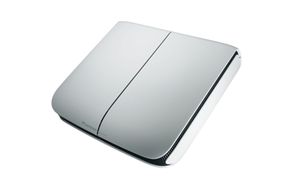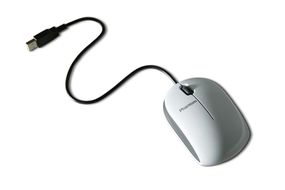Here's a story for you underdog fans. Infinium Labs, a virtually unknown, venture-capital-funded company, almost stepped in the ring with juggernauts Microsoft, Sony and Nintendo with a video game system it had developed. The company claimed that its Phantom was a "console in a class of its own" and promised that the Phantom would offer "gamers a more exciting and compelling gaming experience than any other game console or PC on the market."
Was this just hype, or did the Phantom really have a chance at being the next big thing? In this article, we'll tell you what there is to know about the Phantom so you can draw your own conclusions.
Advertisement
